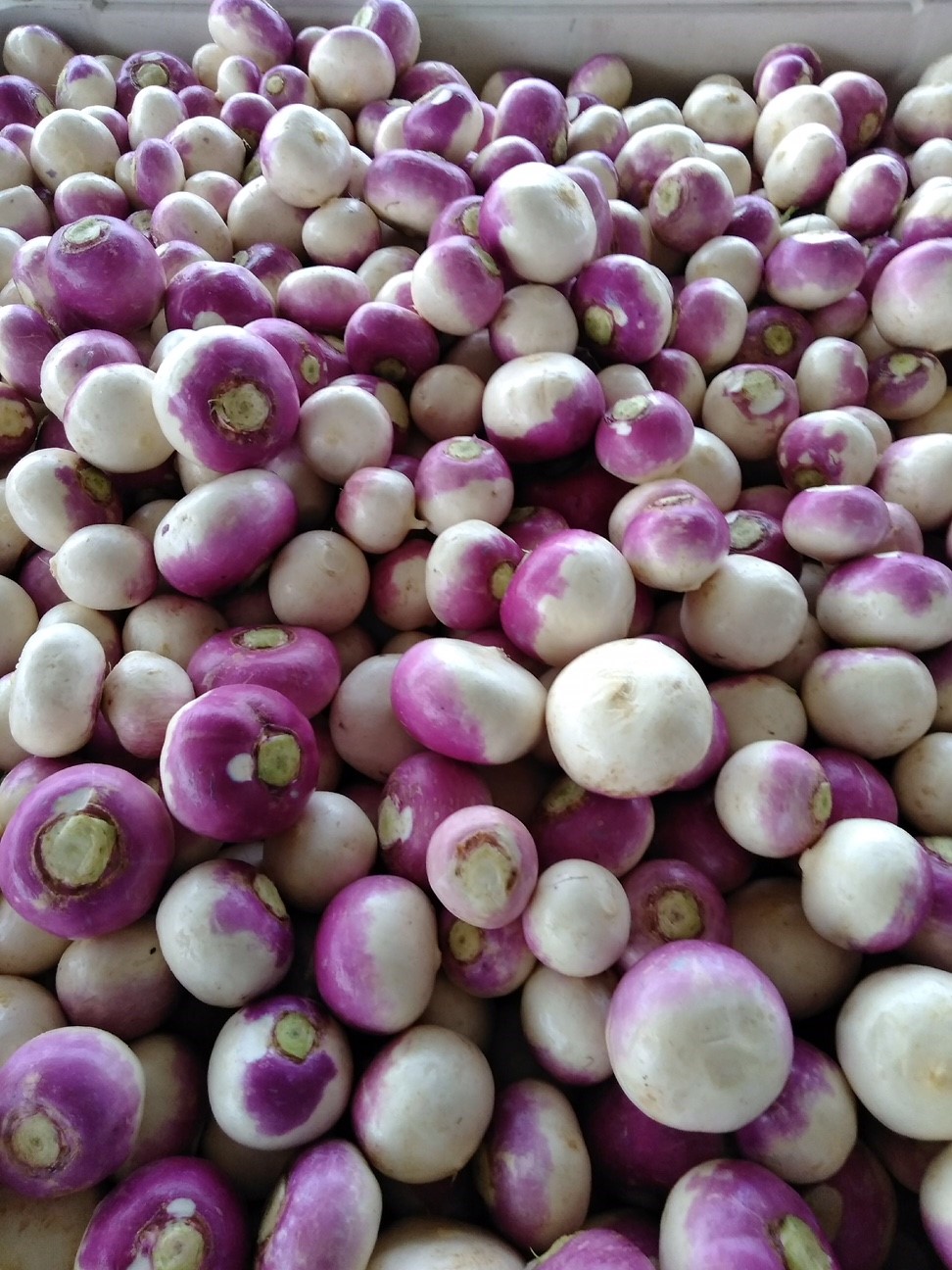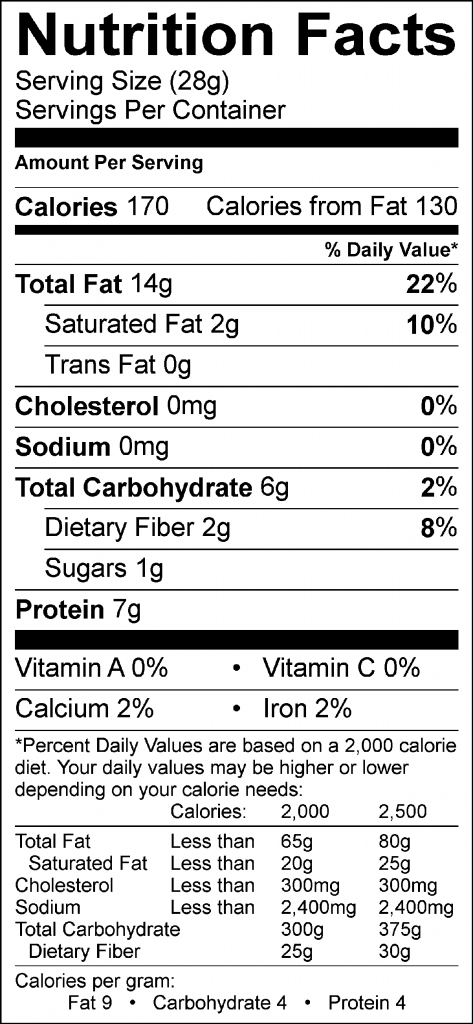Turnips originate from the Brassica family of vegetables, and have been grown for human consumption in Europe since prehistoric times. Originally, the turnip was a very popular livestock feed. Farmers would plant for their cattle wherever the crop could grow. Throughout history the turnip has been viewed and handled as forage. In the early 1900s, scientists in the United States identified the turnip as power sources for young ruminant animals, such as cattle and sheep. However, after several years of harvesting the root crop for fodder, the farmers began to advert from root crops all together because of the intensive hand labor they required to be harvested.
In the late 1970s, researchers discovered the potential the turnip crop had as a pasture crop instead of a harvested crop eliminating manual labor and storage. New turnip varieties made it essential for the turnip to be in a pasture. The new varieties consisted of a partially exposed root making it exceptionally easy for the livestock to find and consume the crop. Animals were able to forage turnip tops and roots conveniently, and they were excellent in quality. In general, the origin, Brassicas, are fast-growing, high yielding crops, and are able to seed existing pastures with little to no tillage due to the naturally prepared seedbed.




